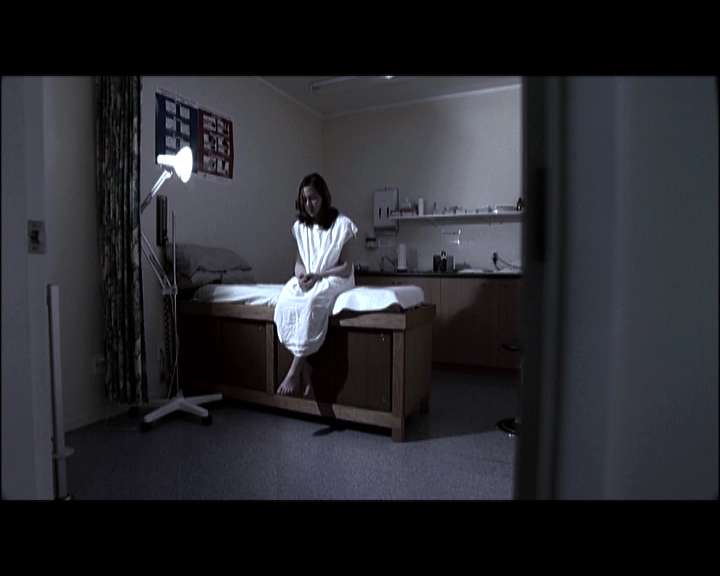Parental Notification Supported by Parents & Teens
 Media Release 26 May 2015
Media Release 26 May 2015
Family First NZ is calling on politicians to reflect the concerns and wishes of parents and also teenagers, and ensure that young pregnant girls in a crisis situation receive the family support they deserve and need.
A petition is being presented to Parliament today by National MP Chester Borrows on behalf of a Stratford mother whose teenager daughter attempted suicide after a secret abortion organised by the local school.
According to the Care of Children Act 2004, a girl of any age can give consent to an abortion and that consent operates as if it were given by her parents. Therefore, her parents need never know that their daughter is having such a procedure. It is the only medical procedure where the parents can be ‘kept in the dark’.
“This all effectively means that while a parent has to sign a letter for their daughter to go on a school trip to the zoo or to play in the netball team, they are totally excluded from any knowledge or granting of permission for that same child to be put on the pill or have a surgical abortion. It begs the question – what is so unique about abortion procedures which allows for the prohibition of parental consent?” says Bob McCoskrie, National Director of Family First NZ.
“Ironically, if there is a complication from the abortion, the parent’s consent is then required for further treatment. A recent research paper argued that most female adolescents only start to acquire sufficient autonomous capacity from the age of 14 years and as such the legislative wording of the current law is problematic and arguably careless.”
The current law is also out of step with the wishes of New Zealanders. A 2010 independent poll of 1,000 people by Curia Market Research found that four out of five people supported parental notification laws. In a similar independent poll in 2012, teens (aged 15-21) were asked “Provided it won’t put the girl in physical danger, should parents be told if their school-age daughter is pregnant and considering getting an abortion?” almost 2 out of 3 young respondents thought the parents should be told. 34% disagreed. More young men than women agreed, but both had majority agreement.
“It is significant that even young people can see the importance of having parents informed and involved, even when they know that those same parents will be rightly disappointed and upset. This is a very strong response from young people, and is a rebuke to the politicians in 2004 who chose to exclude parents from this process when debating the provision in the Care of Children Bill,” says Mr McCoskrie.
Family First is calling for the law to be amended to allow for parental notification in all cases of medical advice, prescriptions and procedures unless it can be proved to a Family Court that it would place the child at extreme risk.
“Politicians concerned about the welfare of young teenagers in a vulnerable and difficult situation should support family involvement,” says Mr McCoskrie.
ENDS






